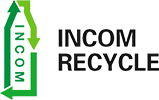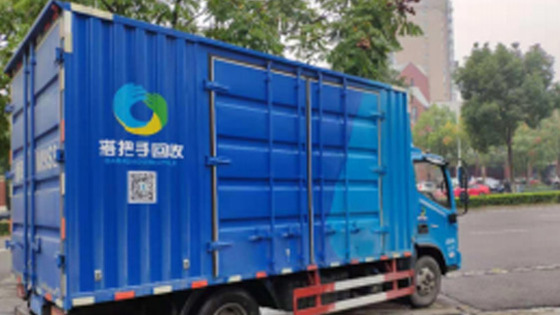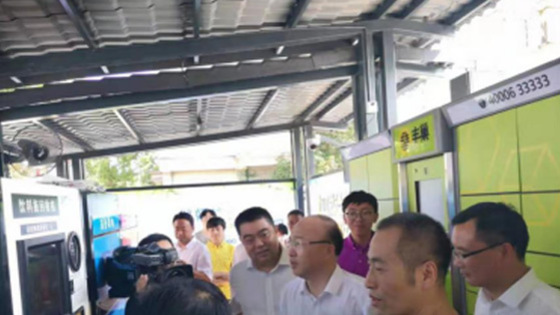According to statistics, the annual consumption of plastic by the global population (about 7.6 billion) is 245 million tons. Only 14% of plastic packages are recycled, while 1/3 of packages are not collected at all. About 80% of ocean pollution is caused by plastic waste, a land-based pollution source. It takes 450 years to convert plastic waste into particles.
Plastic beverage bottles have become one of major sources of marine plastic pollution. In China, the discarded plastic beverage bottles account for 40% to 50% of total package waste. On the one hand, garbage siege is exacerbated; on the other hand, there are still small-sized workshops engaged in illegal plastic recycling, bringing about a series of problems of resource waste and environmental pollution. The deposit system is a low-cost economic system, which has been proved by theory and practice to be effective in disposable package recycling, and can be applied in the field of beverage packaging to recycle beverage packages in a low-cost, efficient, and safe manner.
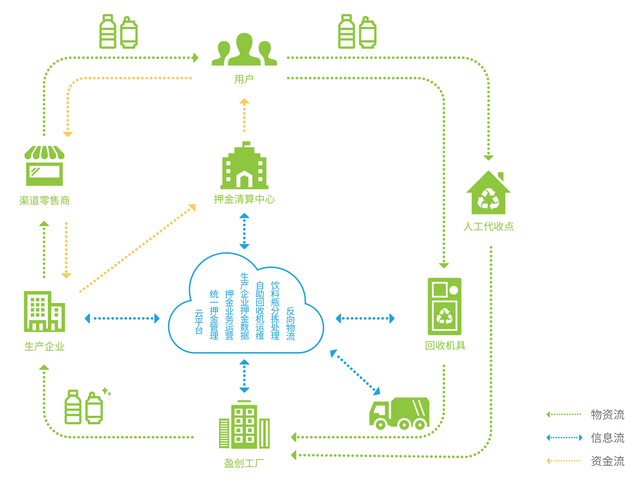
Using the “"Internet + resource recycling” mode, a province-wide beverage package deposit refund system should be developed. Customers need to pay beverage package deposits to sellers while buying beverages; and sellers should pay deposits to beverage manufacturers while purchasing beverages. When empty beverage bottles are sent by customers to the self-service beverage package recycling machine or manual recycling agency, the deposit settlement center will immediately refund the beverage package deposits through electronic payment from the manufacturers’ special accounts to customers.
Software product
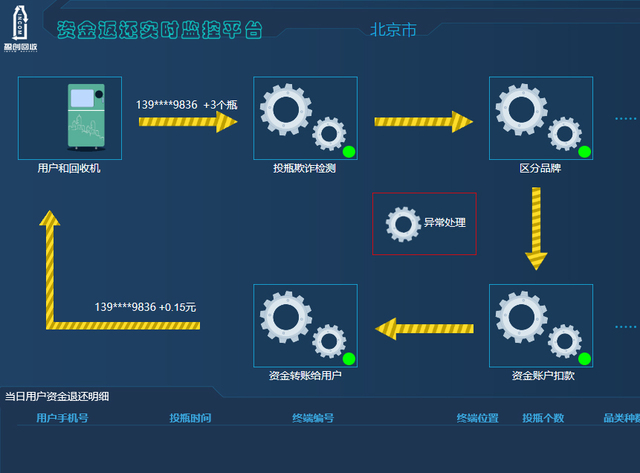
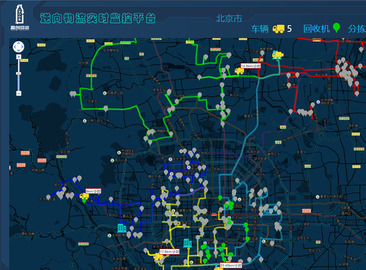
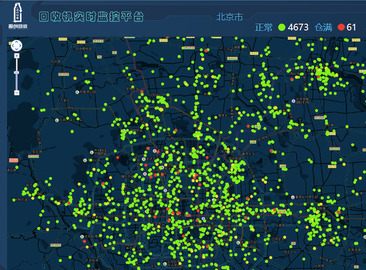
Successful cases
Expected effects
- Through collecting deposits, motivate consumers to actively transfer beverage packages to the recycling machine or manual recycling agency, thus engaging all staff in the front-end classification of domestic waste;
- Give full play to the driving role of deposit leverage, to greatly increase the safe recycling rate of beverage packages, transfer renewable resources into safe recycling channels, prevent secondary pollution from the source, and reduce the overall social costs;
- The cloud platform is capable of collecting the data of intelligent recycling machines, recycling sites, logistics vehicles, processing plants and other nodes; monitoring the entire flow of renewable resources to ensure that beverage packages are transferred into safe recycling and reuse channels; and monitoring the real-time deposit flow, to ensure the security of material flow, capital flow and information flow.
